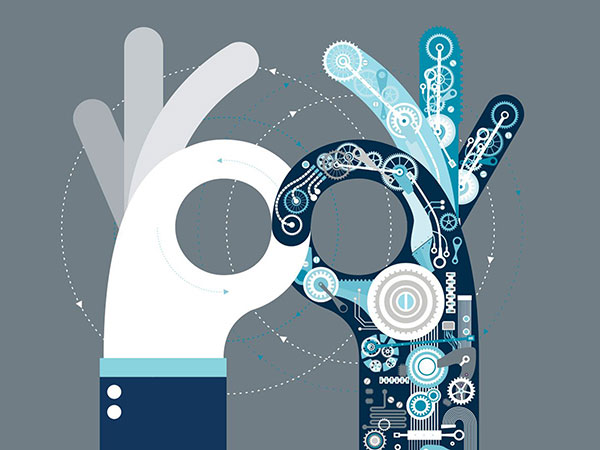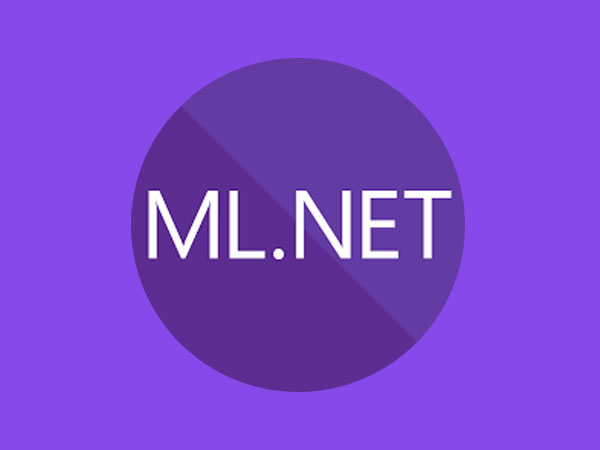The media interest surrounding deep learning has grown exponentially in the last few years. But what does it actually mean, and how will it change business and society?
Deep learning is a subset of machine learning that refers to mapping artificial neural networks to recreate some of the same processes that the human brain performs and using algorithms with speech, images and text, to recognize, identify and understand patterns in the data.
Although this sounds simple, it involves complex processes and functions – but once trained, the application of deep learning algorithms could be world changing. For instance, a machine that learns like a human, but can rapidly process thousands of images and recognize patterns, is already showing promise for applying deep learning to medical imaging.
Algorithms like these are being applied to a huge range of areas, from healthcare, manufacturing, and transport, to finance, advertising and retail. We’re taking a look at how deep learning is growing the emerging market of chatbots and impacting the finance sector.
Entering the Chatbot Era
Chatbots, or conversational AI, have been hitting the headlines daily in recent weeks – and for good reason. Chatbots are set to revolutionize the way we interact with machines in a very short space of time, and their applications will have a serious impact on everyday business.
The biggest names in tech are already building and refining them, for themselves or their customers to use, with products available or available soon, such as Amazon Alexa, Microsoft Cortana, Facebook M, Google Now, and of course, Siri by Apple. The technology behind a chatbot relies on data mining, natural language processing and understanding, IoT, predictive intelligence, and more, to provide near instantaneous smart responses to users, enabling a range of applications that covers healthcare, transport, communications, banking, and more.
A big area for disruption is in communications and customer service – going beyond offering a better, quicker customer support experience, businesses will soon find that chatbots allow for streamlined communication and dramatic cost savings in call centers. With a large chunk of customer service easily handled by quick chatbot responses, more in-depth communication can be dealt with by humans – creating a better dialog with customers and paving the way for marketing to open new revenue channels.
Healthcare is also seeing an impact from chatbots already, in providing medical advice via websites and apps. As deep learning methods improve, this area is expanding rapidly, with personal healthcare virtual assistants being used with patients for recognizing symptoms, checking on medication adherence and mental health and wellbeing, from companies that aim to empower patients and allow more efficient use of doctors time.
The future impact of chatbots will be seen in the vast amounts of data collected by people using them, which allows for further disruptions in how humans and machines interact – which could completely change how we interact with the mobile devices and the internet as we know them today.
AI disrupting the financial sector
Finance has been named as a key industry to see huge disruption by AI, as deep learning tools and techniques become more widespread and accessible, companies are using algorithms to make better stock market predictions, move data more securely, and detect fraudulent activity quicker to make smart actions in real time.
The integration of chatbots in finance is set to have a big impact too: Robo-advisors for banks will analyze and understand how customers are spending, investing and making financial decisions, to provide more personalized service to account holders, as well as simplifying communications by using natural language processing and human-like reasoning.
Using deep learning for data mining will allow the intelligent analysis of large amounts of raw data, turning it into useful information. In financial services, such as banking and trading, data mining allows businesses to learn more about their customers, develop better marketing strategies, increase sales and decrease costs.
This article originally appeared here. Republished with permission. Submit your copyright complaints here.













